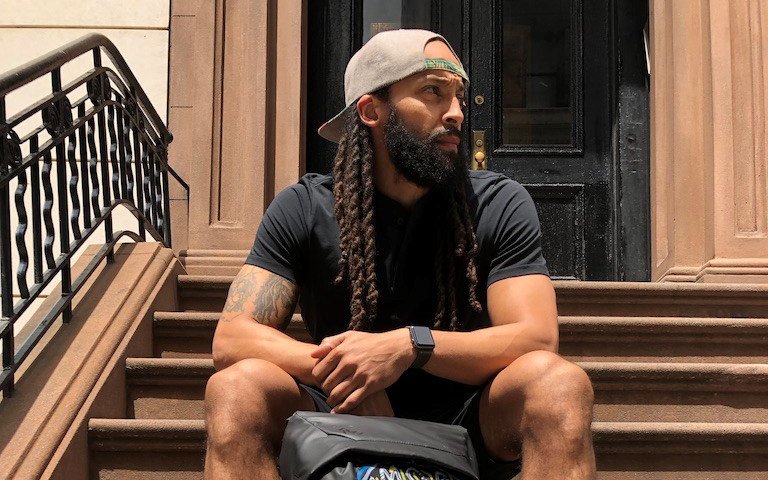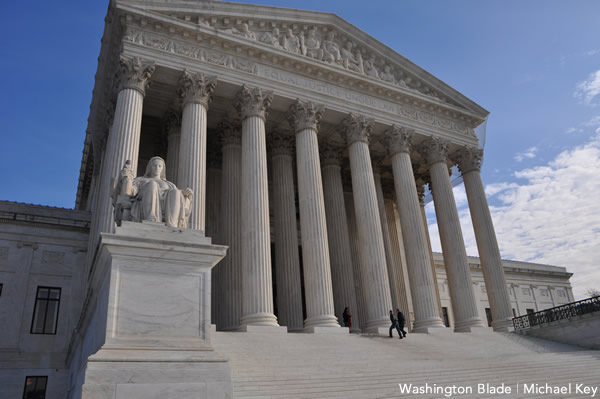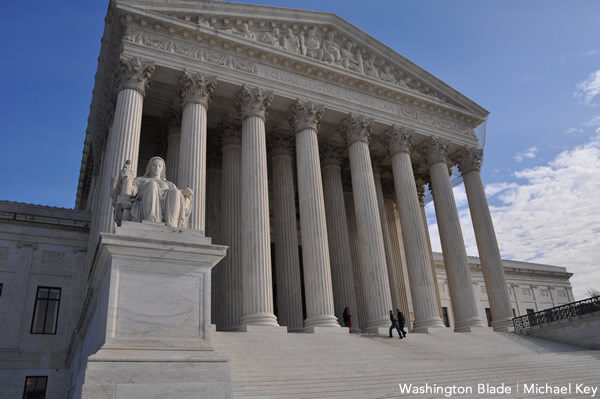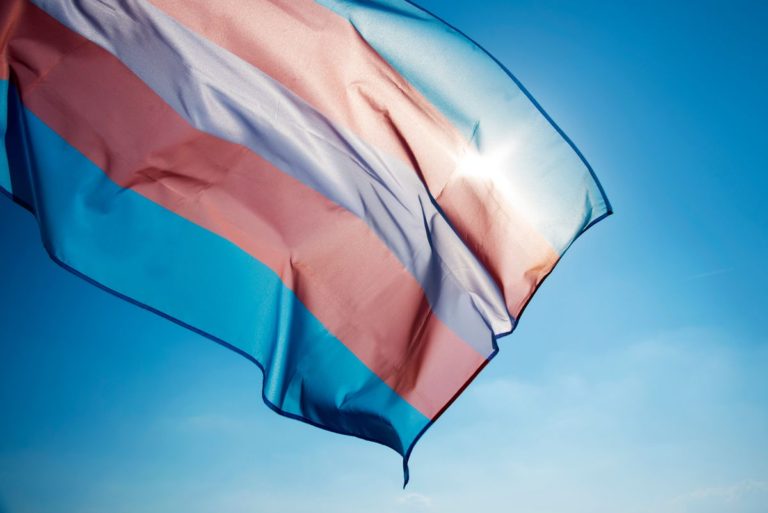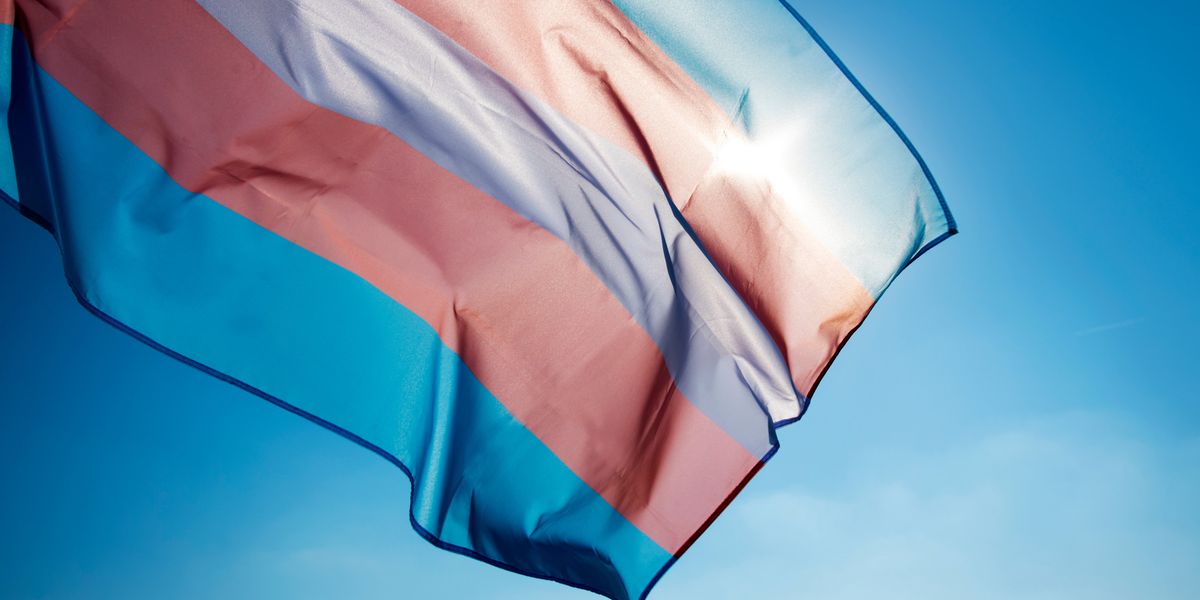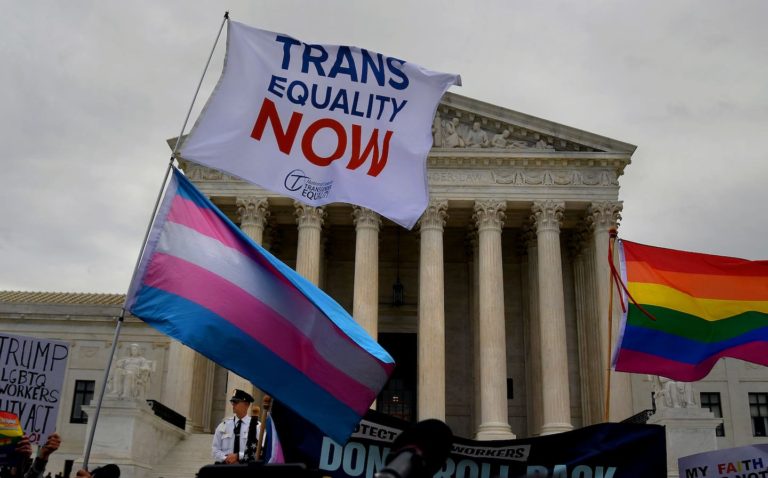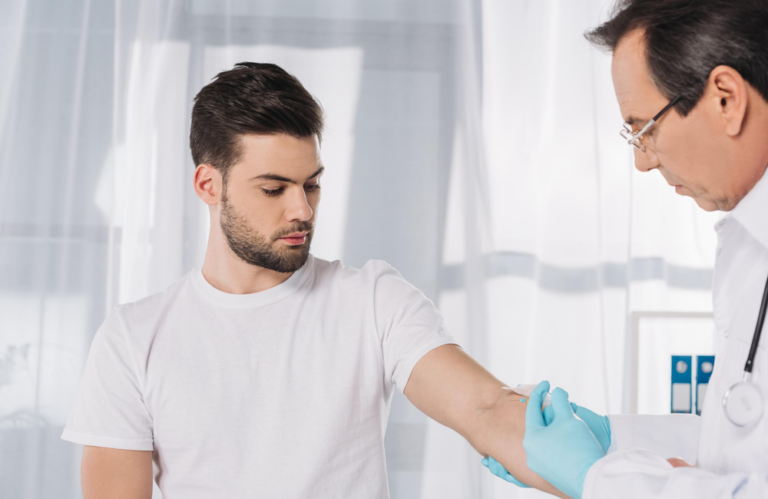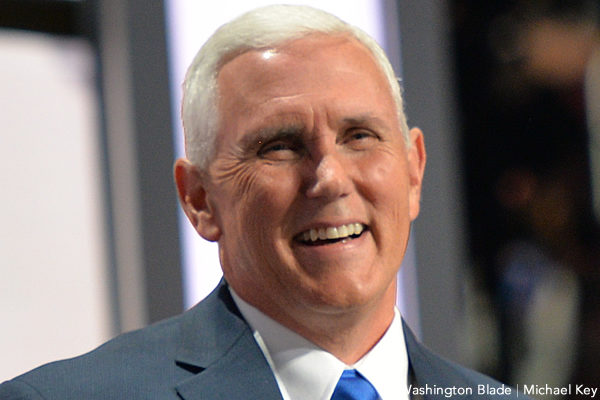
Of the four candidates seeking our highest offices, the least vetted is Mike Pence. Typically, he’s given a pass, his flaws downplayed or overlooked. A troubling omission considering that Pence has built his political career on defending anti-LGBT bias and bigotry. Indeed, protecting discrimination is the sole area where this consummate yes-man has shown notable leadership.
Pence has staunchly resisted each advance in gay rights, and championed every rollback and restriction. He repudiates same-sex marriage and upholds exclusion of LGBT people as an exercise of “religious liberty.” He opposed repeal of “Don’t Ask, Don’t Tell,” and favored restoring a full ban on openly gay soldiers. As vice president, Pence has filled the Trump administration with cronies bent on marginalizing gay people and curtailing our rights.
While Pence has not openly supported medically discredited gay conversion therapy, he has never abjured it. The vice presidential debates will give Sen. Kamala Harris a crucial opportunity to smoke him out on this travesty. For starters she could challenge him to join her in pledging his support for a bill to make gay conversion therapy illegal throughout the U.S.
If Pence’s stand on conversion therapy remains masked, his worst transgression is blatant. Pence and his wife Karen educated their children at Immanuel School in Northern Virginia where Karen still teaches. Immanuel boasts draconic anti-LGBT policies that are illegal in 29 states and immoral everywhere. It bars LGBT staff and students, and requires job applicants to agree that marriage unites one man with one woman “in a single, exclusive covenant union as delineated in Scripture.”
Its 2013 website declared: “Homosexual acts and lifestyles are clearly perversion and reprehensible in the sight of God.” The current website bases the school’s anti-LGBT policies on a cherry picked Old Testament verse: “If a man also lie with mankind as he lieth with a woman, both of them have committed an abomination: they shall surely be put to death,” Leviticus 20:13. Stop and think about it. The Pences’ chosen school tells impressionable young children that God wants gay men to be put to death!
Americans need to ask themselves whether a candidate who countenances teaching school children that gay men should be killed is fit to lead our country. The suicide rate among LGBT youth is four times higher than among non-LGBT youth, a prime cause being that they must face the bigotry the Pences labor to protect. Anti-gay bigotry costs America in excess of 2,000 young suicides per year, more than twice the toll of all police killings.
Sen. Harris, don’t let Pence wriggle off the hook. Hold him accountable! He boasts he is proud that his wife Karen teaches at Immanuel; ask him if he is equally proud of the price many LGBT youth pay for her “religious” bigotry.
Some defend the Pences by claiming they “just follow the Bible.” Their devotion to Holy Scripture, however, is highly selective. In respect to LGBT people, they openly disregard Jesus’s core teachings: “Do unto others as you would have them do unto you,” and “Judge not that you be not judged.”
Few realize that Karen Pence divorced her first husband, Dr. Steven Whitaker, and then married Mike Pence. Jesus specifically condemns such divorces and remarriages, e.g. Matthew 5:32, “whosoever marries a divorced woman commits adultery.” Here’s what Leviticus 20:10 says: “the man that commits adultery with another man’s wife . . . the adulterer and the adulteress shall surely be put to death.” Sound familiar?
Judged by the harsh biblical standards Immanuel School applies to LGBT people, Mike and Karen Pence deserve the same sentence. The Pences’ true Bible, however, is a handbook of political expediency where straight divorce is readily condoned, gay marriage is righteously forbidden, and Jesus’s ethic is utterly forgotten.
In the vice presidential debates, Harris should leave Trump to Joe and the media. Instead, aim her fire at the bigotry and hypocrisy facing her across the stage. The most likely next president after Trump or Biden will be either Pence or Harris. She must demonstrate that she is the better choice. Speaking the plain truth about Pence, Harris can help rescue young LGBT lives while again proving herself a champion of fair play and equal rights for all Americans.
James Driscoll, Ph.D., is a long time AIDS activist, and a resolute NPR (Never Pence Republican) whose most recent book is ‘How AIDS Activists Challenged America.’
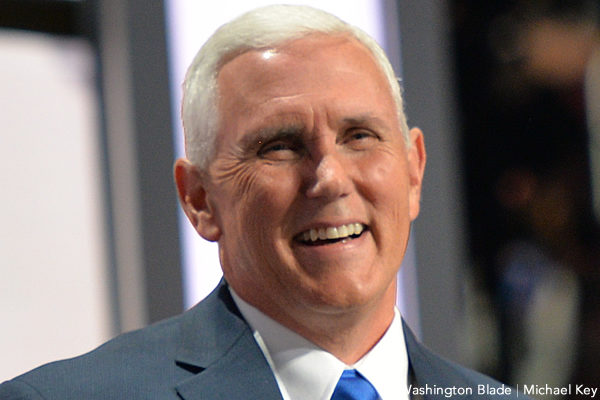
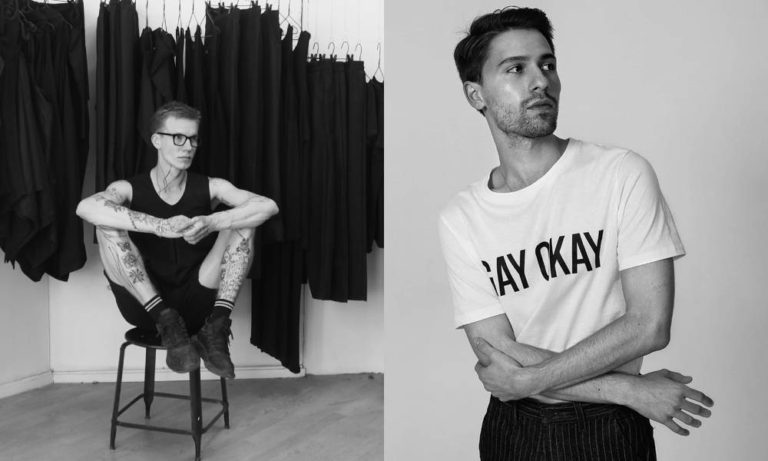
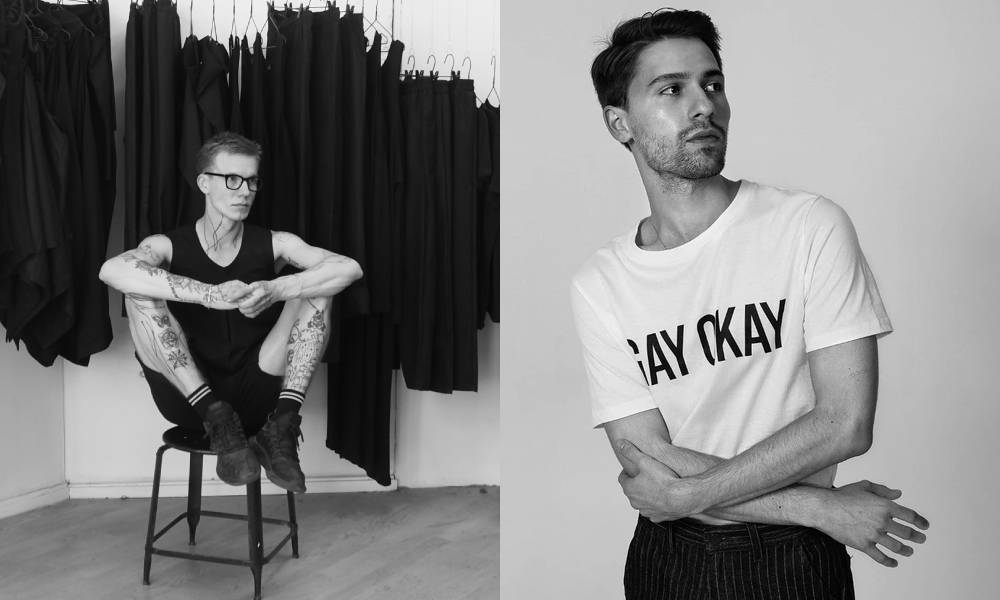


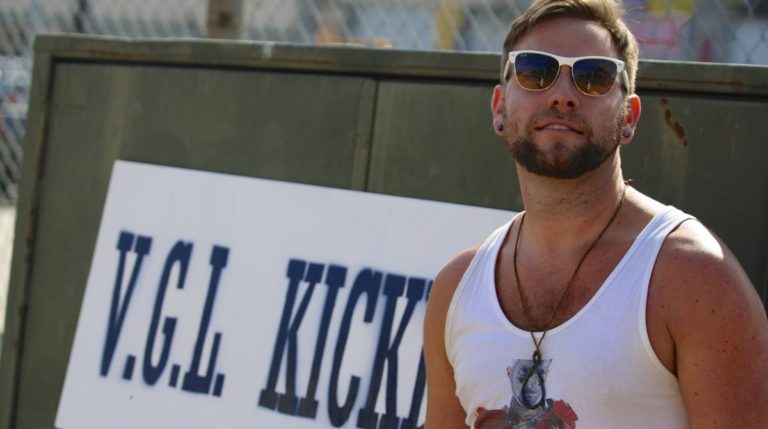
:no_upscale()/cdn.vox-cdn.com/uploads/chorus_asset/file/21820108/Photo_WIll.jpg)
:no_upscale()/cdn.vox-cdn.com/uploads/chorus_asset/file/21820164/Small_dodgeball.jpg)











